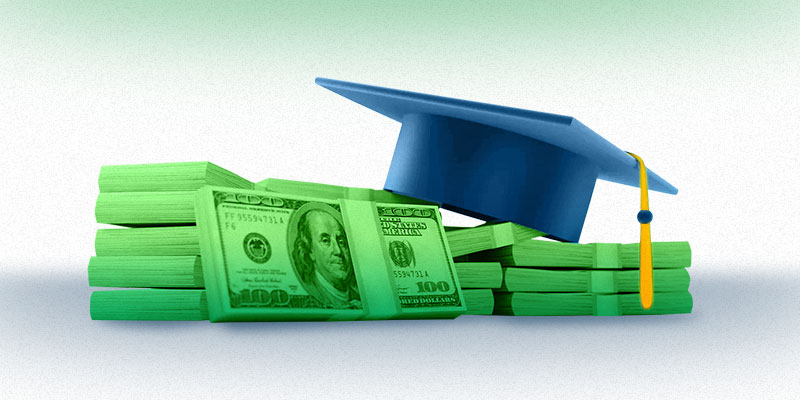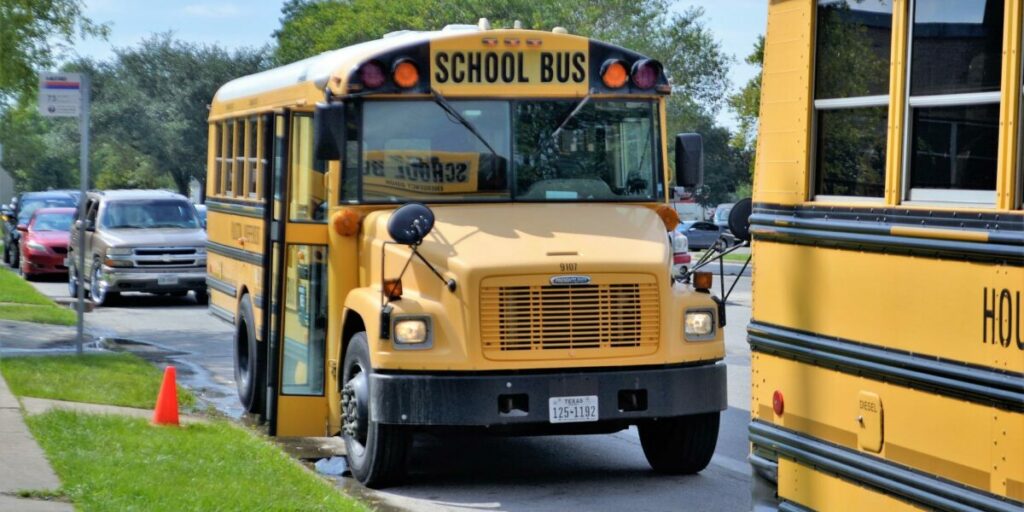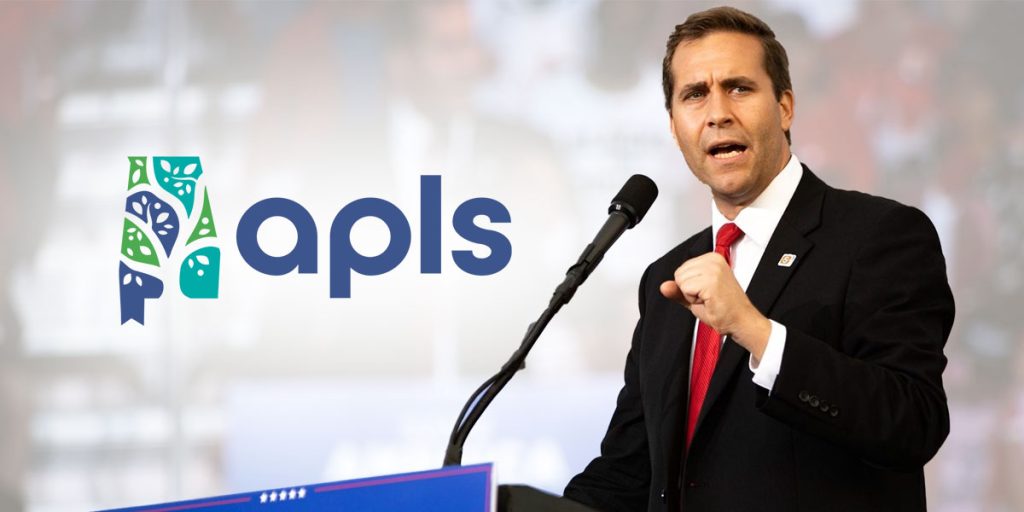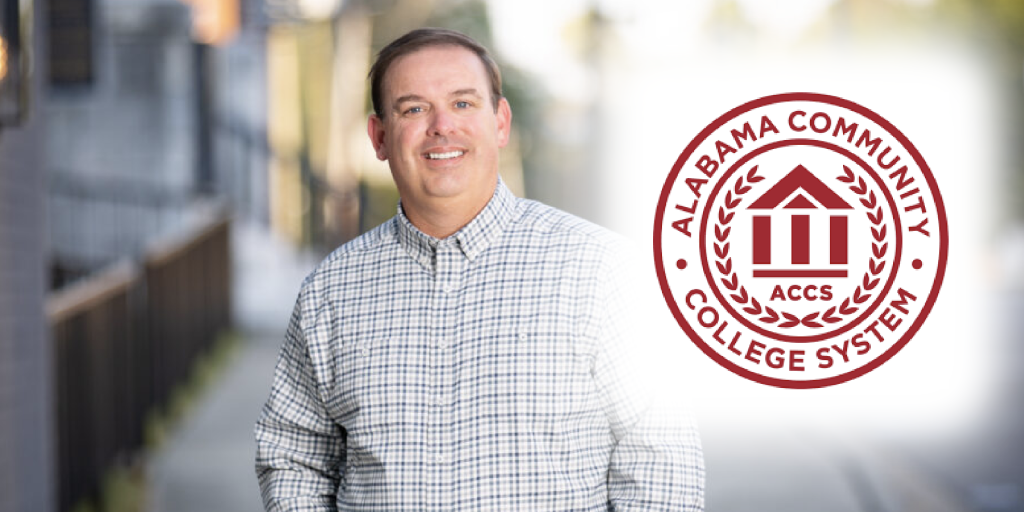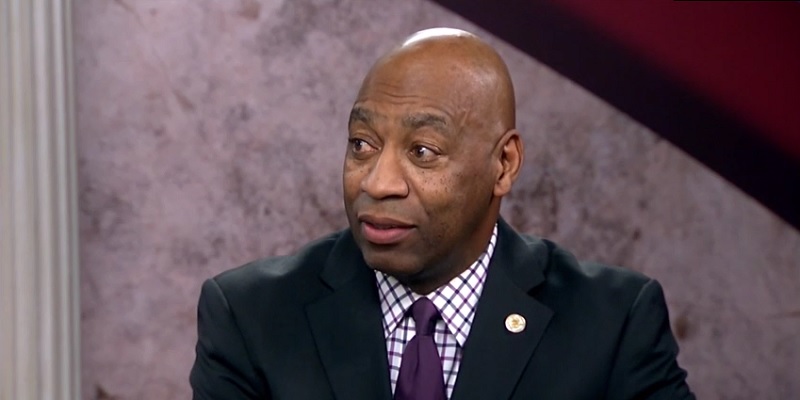Americans have long seen college as a path to a better life and held higher education in high esteem. This is changing rapidly, with a strong political divide emerging. Republicans are now highly skeptical of both the above propositions.
This month witnessed a potential watershed moment for higher ed with the announcement of a new university dedicated to free inquiry, the University of Austin.
The private university will be in Austin, Texas. The university has chosen in-person classes over online instruction because “human beings think and learn better when they gather in dedicated locations.” The plan is for a summer program in 2022, phasing in master’s programs over the next two years, and beginning undergrad classes in 2024.
The leader of the new enterprise is Pano Kanelos, previously president of St. John’s College in Annapolis, Maryland, a Great Books curriculum liberal arts college. He says of the new university, “[C]an we actually claim that the pursuit of truth – once the central purpose of a university – remains the highest virtue?” While the university’s website touts political independence, the academic advisors include many prominent conservatives and libertarians, like the Hoover Institution’s Niall Ferguson.
Higher education has experienced several distressing trends. First, the cost of attendance, adjusted for inflation, has doubled since 1980. Federal student aid has at least enabled higher tuition. This cost inflation is responsible for much of the current total of $1.7 trillion in student loan debt. The impact of this debt on young Americans cannot be denied, even if we do not excuse some students’ irresponsible borrowing.
The value of college degrees is also being questioned. The college salary differential still exists but not all degrees are worth the same on the market. And some master’s degrees are badly overpriced to subsidize other programs. Still, many institutions and majors offer excellent value.
Many Americans perceive universities as hostile to their values. Critical Race Theory and the 1619 Project have become flashpoints but leftist approaches have long prevailed in many academic fields. And academic “scholarship” supporting some progressive causes has been revealed as advocacy more than research.
Conservatives, however, have struggled formulating reform options. Donors have tried gifts to promote conservative or free market scholarship and class offerings. The Johnson Center at Troy University is a product of such philanthropy.
Yet many universities accept the money and ignore donor intent. Some have proposed faculty positions reserved for registered Republicans; I suspect that some liberals would willingly switch registration to qualify.
Economist John Merrifield’s standard for K-12 education reform provides a guide for higher education as well: a diverse menu of alternatives. Too often reformers get attached to one reform, say charter schools or vouchers. They manage to get charter schools established, for instance, only to see them closely resemble public schools.
State universities already offer many options. There are research-intensive universities offering large classes and graduate programs, urban schools catering to commuter students, and universities on the liberal arts model. Variation just does not extend to the conservative dimension.
The University of Austin clearly shows the way forward: found entirely new institutions designed to embrace classical academic values. States should emulate this. Conservative and liberal students matriculate to schools like Hillsdale College and Reed College respectively. Why should students have to travel to Michigan or Oregon and pay private college tuition for such options?
I am sensitive to taxing people to support an institution founded on values different from their own. But higher education’s façade of neutrality is a ruse. Simultaneously founding both explicitly conservative and liberal institutions could mitigate this objection.
Many conservative critics of higher education hope that technology will render organized classes a relic. That is, they hope technology will eliminate universities and these problems. The disruption due to COVID-19 has demonstrated that classes still offer value.
Time will tell if the University of Austin delivers on its enormous promise.
Daniel Sutter is the Charles G. Koch Professor of Economics with the Manuel H. Johnson Center for Political Economy at Troy University and host of Econversations on TrojanVision. The opinions expressed in this column are the author’s and do not necessarily reflect the views of Troy University.




